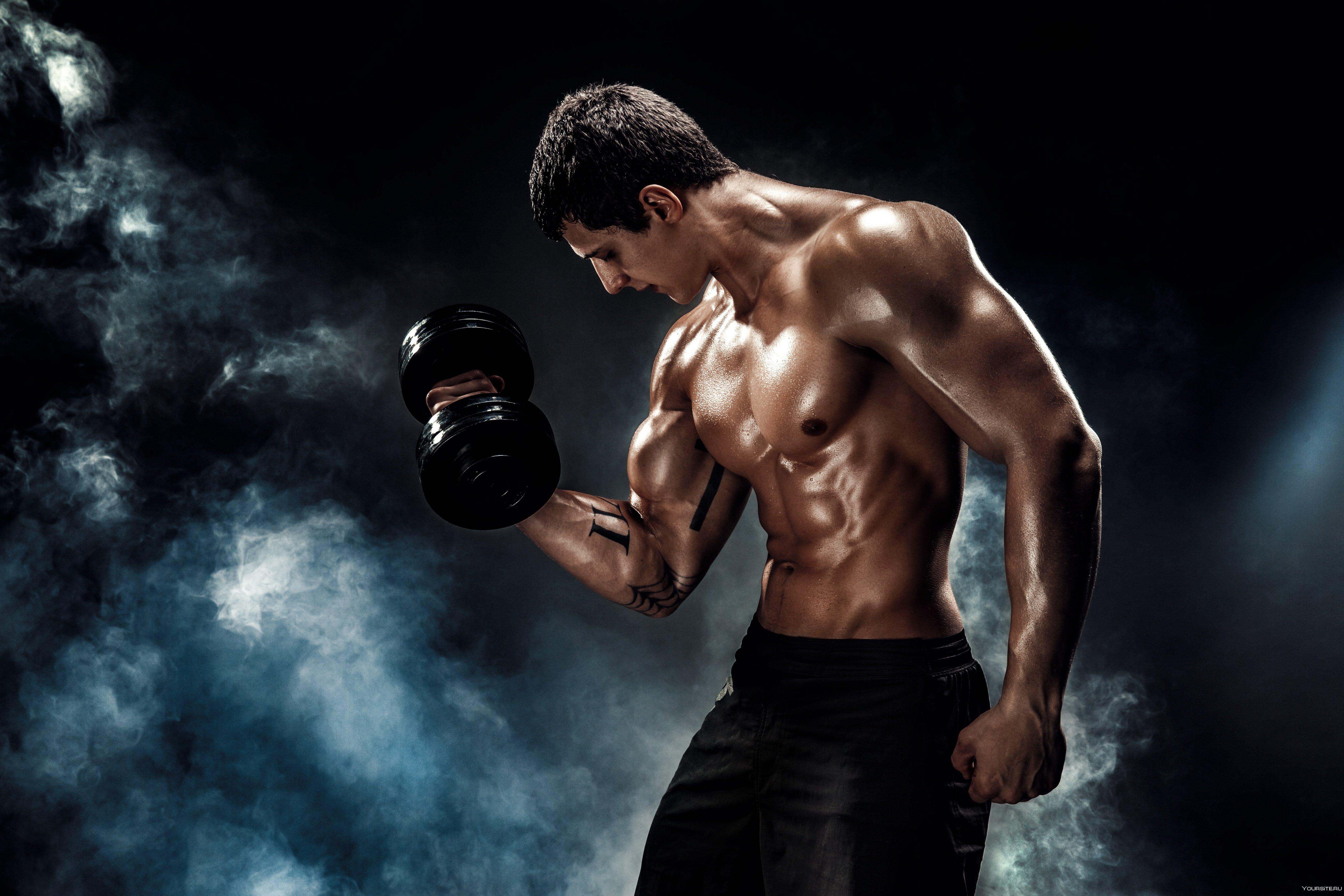Building Lean Muscle: A Guide to the Most Effective Therapies

Understanding Muscle Growth and Why It Slows Down
Muscle growth isn’t just for bodybuilders. It’s essential for strength, mobility, and overall health. But as people age, their ability to build and maintain lean muscle declines. The reasons? Hormonal shifts, slower metabolism, and reduced physical activity all play a role.
Human Growth Hormone (HGH) and testosterone are key players in muscle development. When levels drop, it becomes harder to recover after workouts and gain muscle efficiently. Understanding the science behind muscle growth is the first step to maintaining a strong, lean body.
Key Factors That Affect Muscle Development
Several elements influence how well your body builds muscle:
-
Nutrition: Protein intake, healthy fats, and carbohydrates provide the fuel your muscles need.
-
Exercise: Strength training and resistance workouts stimulate muscle fibers, leading to growth.
-
Hormones: HGH, testosterone, and insulin-like growth factor-1 (IGF-1) contribute to muscle repair and growth.
-
Recovery: Sleep and rest periods allow muscle tissues to regenerate and strengthen.
-
Age and Genetics: While these factors can’t be changed, proper training and nutrition can slow muscle loss.
Not everyone responds the same way to exercise and diet. Some people see rapid gains, while others struggle. That’s where additional therapies and strategies come into play.
Natural Ways to Support Lean Muscle Growth
Many people believe lifting weights alone is enough. But without a well-rounded approach, results can be frustratingly slow. Here’s what actually works:
1. Strength Training with Progressive Overload
Muscles grow when they’re challenged. Progressive overload means gradually increasing the resistance or intensity of your workouts. This forces muscles to adapt, leading to growth.
2. Protein and Nutrient Timing
Protein synthesis peaks after workouts. Consuming 20-40g of protein post-exercise helps repair and build muscle. Key sources include:
-
Lean meats (chicken, turkey, beef)
-
Fish (salmon, tuna)
-
Eggs and dairy
-
Plant-based sources (lentils, quinoa, tofu)
3. Sleep and Stress Management
Lack of sleep raises cortisol, a hormone that breaks down muscle. Aim for 7-9 hours per night to support recovery. Stress management techniques like meditation and deep breathing also keep hormone levels balanced.
When Supplements and Therapies Become Necessary
For some, natural methods don’t provide the results they need. Factors like age, medical conditions, or hormonal imbalances can make muscle development difficult. In such cases, additional therapies may help:
-
Creatine Monohydrate: Increases strength and enhances muscle recovery.
-
Amino Acids (BCAAs): Help prevent muscle breakdown during workouts.
-
HGH and Testosterone Therapy: Used when natural levels decline significantly, impacting muscle mass and energy.
When considering medical therapies, choosing safe and reputable sources is crucial. If you're exploring HGH for sale, it’s essential to buy from trusted providers. The SAH https://thesah.org/ offers detailed information on growth hormone options and their effectiveness.
Final Thoughts on Building and Maintaining Lean Muscle
Muscle growth is a long-term commitment that requires consistency in training, proper nutrition, and recovery. While natural methods work for many, some people benefit from additional support. Whether through strategic supplementation or medical therapies, maintaining lean muscle is possible at any age.
The key is to stay informed, listen to your body, and make educated choices. Strength, endurance, and overall health depend on it.
- Art
- Causes
- Crafts
- Dance
- Drinks
- Film
- Fitness
- Food
- Παιχνίδια
- Gardening
- Health
- Κεντρική Σελίδα
- Literature
- Music
- Networking
- άλλο
- Party
- Religion
- Shopping
- Sports
- Theater
- Wellness


